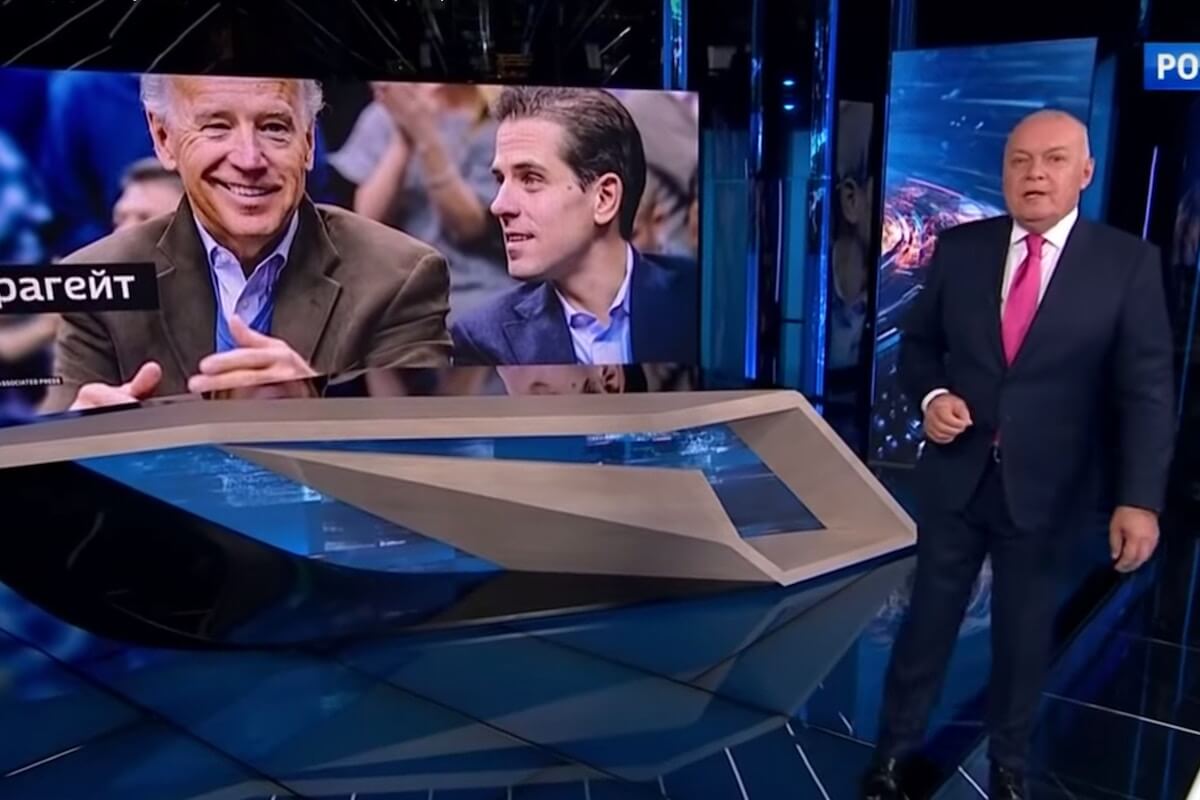On Tuesday, Latvia’s National Electronic Media Council (NEPLP) banned Russian RT television channels, in light of international sanctions against the broadcaster’s head media executive, Dmitry Kiselyov. The Baltic state has accused the Russian state television network of spreading propaganda against Ukraine and of calling Latvia a “failed country”.
The NEPLP has banned seven of RT’s services, including its English, Arabic, and Spanish-language channels, the RT Documentary channel, and the HD versions of all these programs. Ivars Abolins, chairman of the body, said, “We have made the decision based on the information at our disposal that these (TV) programmes are under de facto control of Dmitry Kiselyov.”
In a wave of retaliatory action against Russian business leaders after the country’s unilateral annexation of Crimea in 2014, the European Union (EU) had slammed a visa ban and an asset freeze on Kiselyov, who was named as a “central figure” in spreading government propaganda and in supporting the Russian invasion of Ukraine. Kiselyov’s biased and propagandist reportage of Western news also earned him the title of ‘spin doctor’ at the BBC.
In January 2019, Latvia announced that it would continue maintaining sanctions against Russia as long as it continues to flout the principles of international law. In a bid to protect the interests of Latvian citizens, the government declared that it wanted the EU and Great Britain to maintain close and constructive ties in matters of security, defence, and economics, even after Brexit. Further, the declaration said that Latvia would continue to actively participate in the EU, the North Atlantic Treaty Organization (NATO), and the Organisation for Economic Co-operation and Development (OECD), while maintaining “a strict western geopolitical course”, including the support of Ukraine, Moldova, and Georgia in their quests to join the EU.
Caught in the crossfire between the United States and its sanctions on Russia, Latvian officials last year also promised Washington that they would investigate the country’s rampant money-laundering centres, with a close eye on cash flowing in and out of Russia.
Previously, the NEPLP had halted the broadcast of 10 other Moscow-based television channels, including Rossiya RTR, for spreading warmongering and hate speech against Kyiv, including blatant and open calls to murder Ukrainians.
In a sarcastic response to the NEPLP ban, RT told Reuters that they “congratulate Latvia’s secret services” for defending the country’s Spanish and Arab speaking populations from “the most influential Russian propaganda channel”. Kiselyov further rubbished the intentions of the ban, insinuating that the decision was “an indicator of the level of stupidity and ignorance of the Latvian authorities”, calling the move an act of blind “Russophobia”. He also said that the ban did not have any legal basis and urged Latvian authorities to recast the RT channels.
Image Source: The Intercept
Latvia Bans Russia’s Propagandist RT TV Channels, in Line With EU’s 2014 Sanctions
The broadcast service’s head, Dmitry Kiselyov, has been subject to EU sanctions since 2014
July 1, 2020

